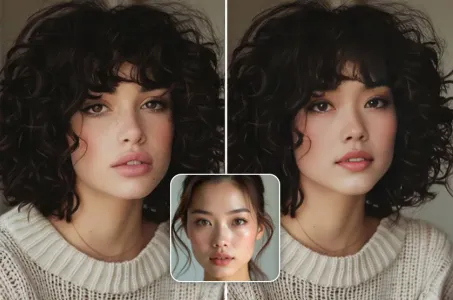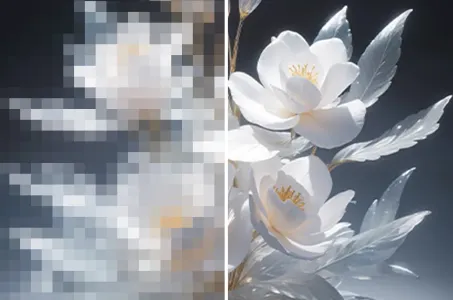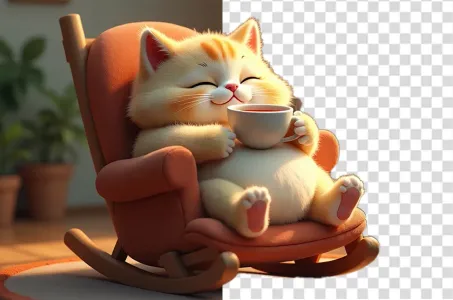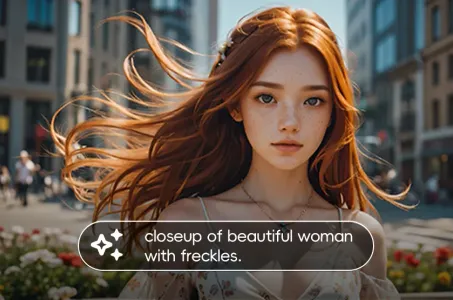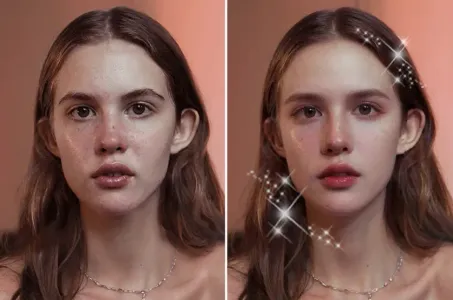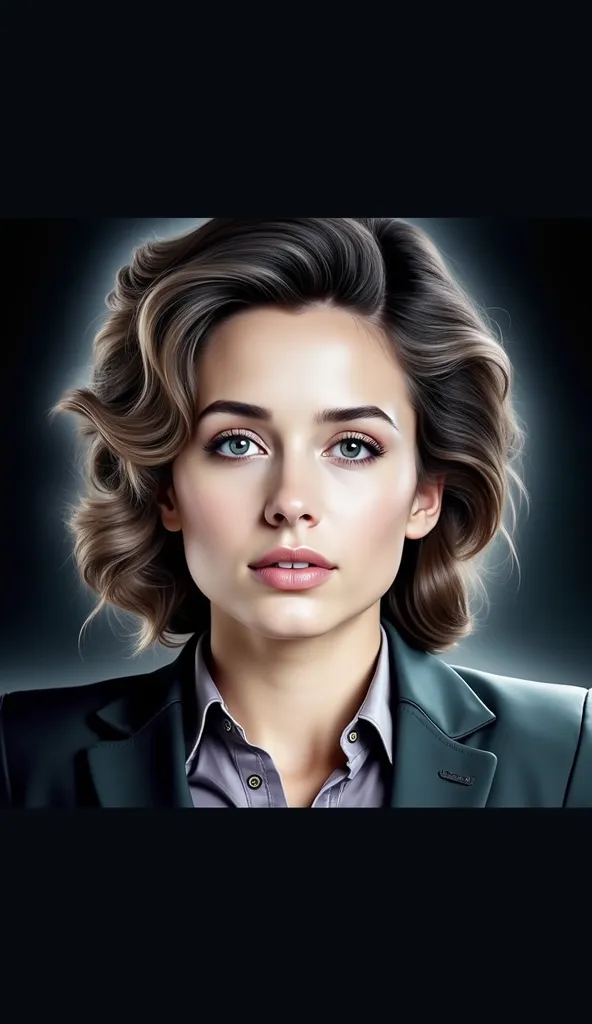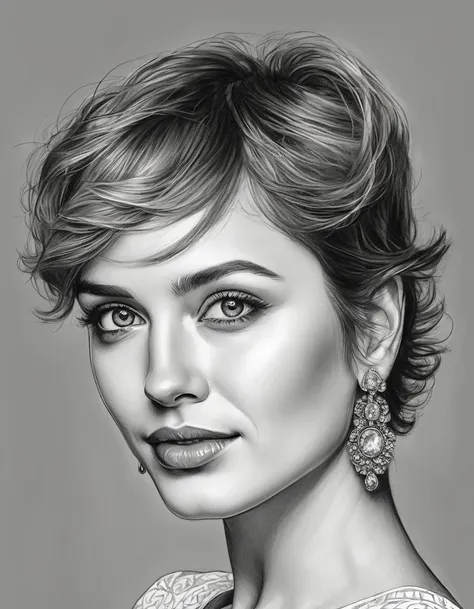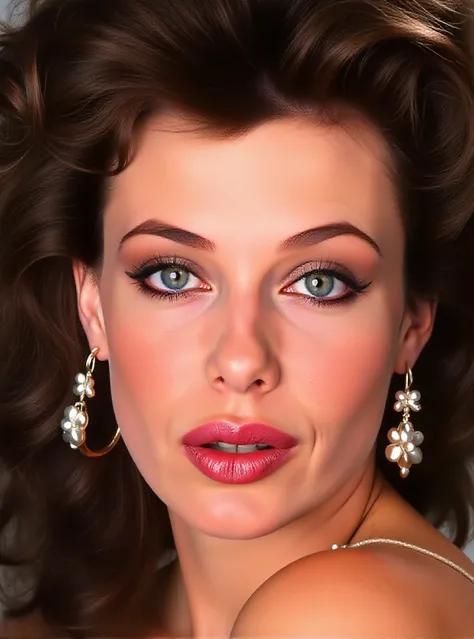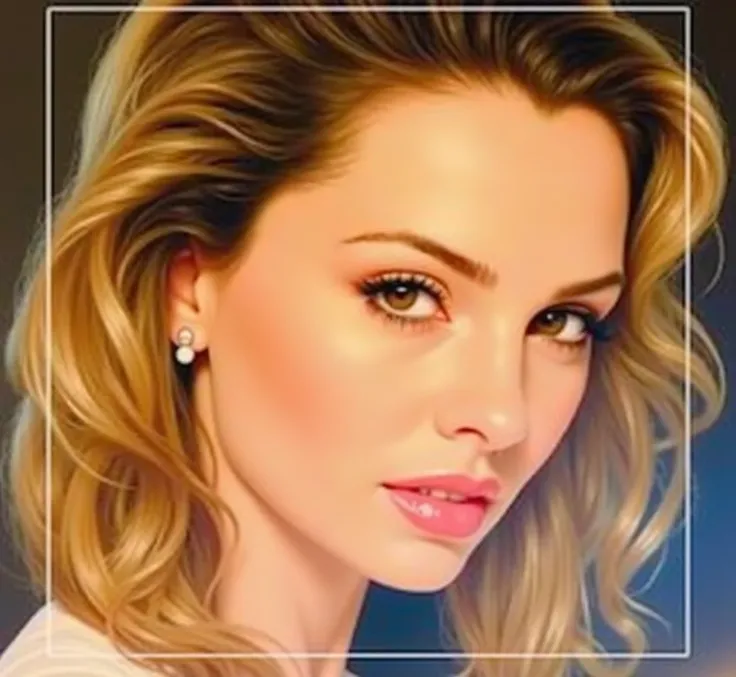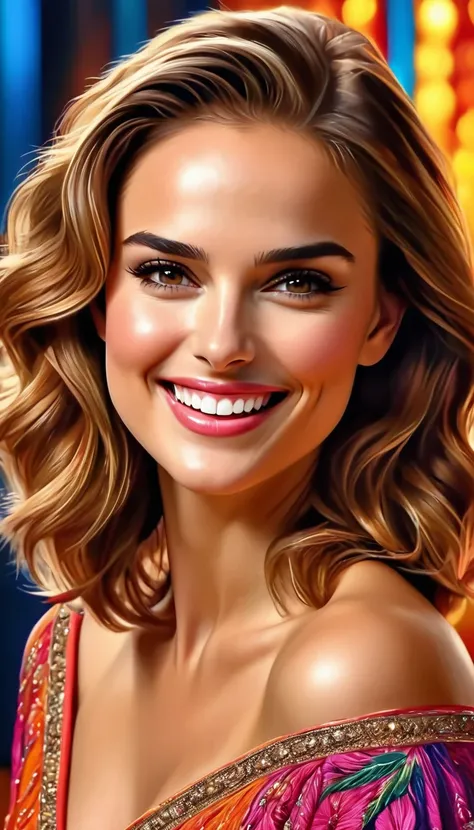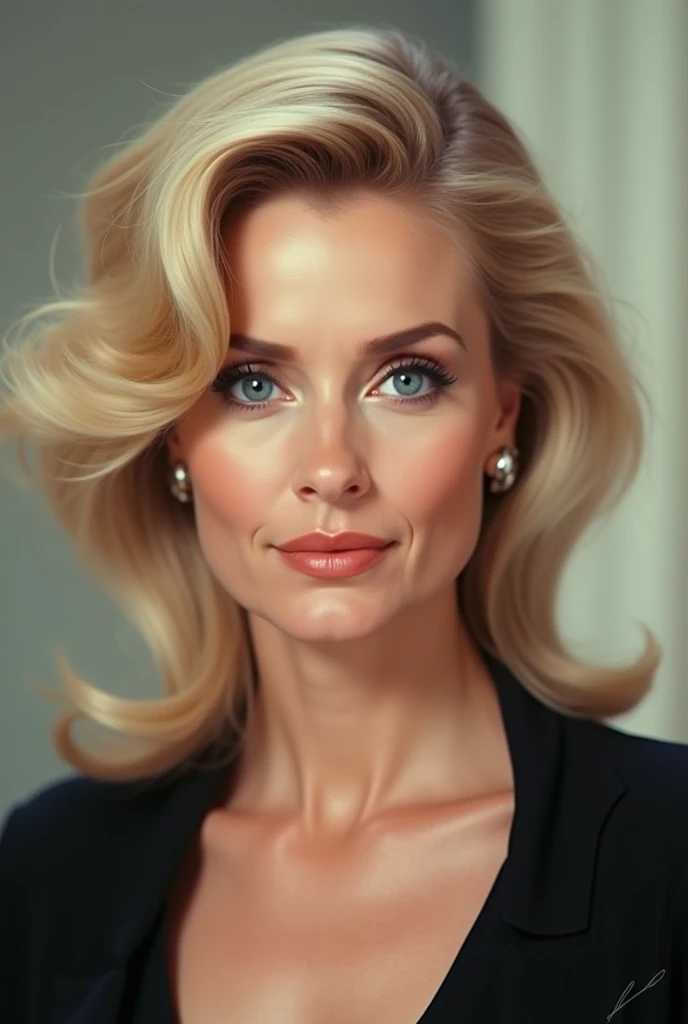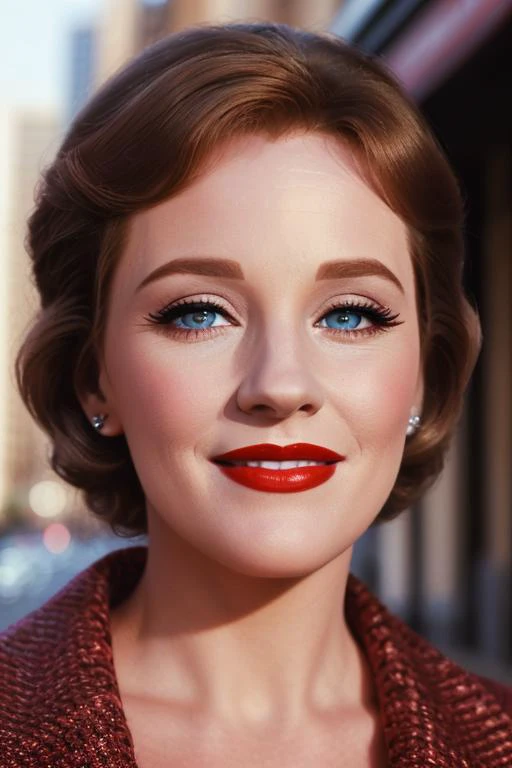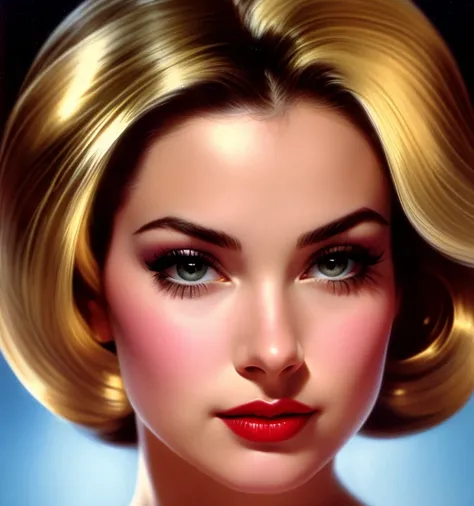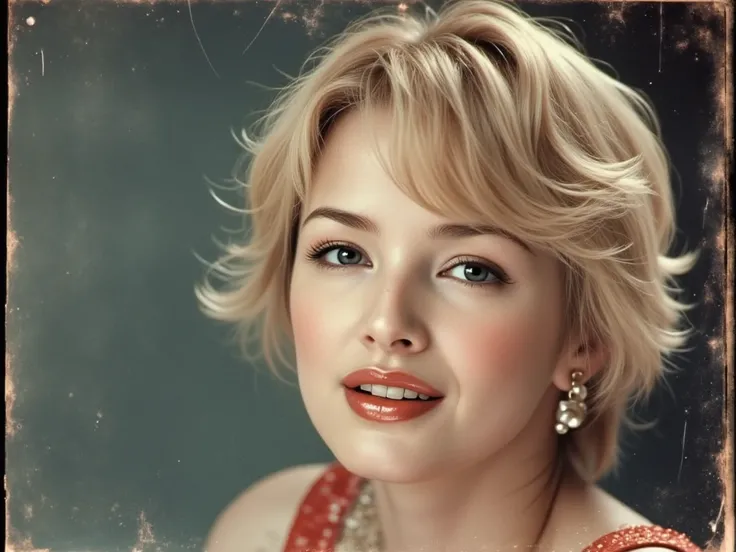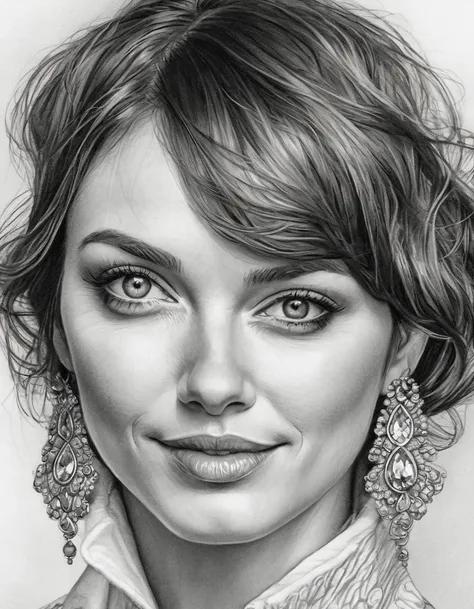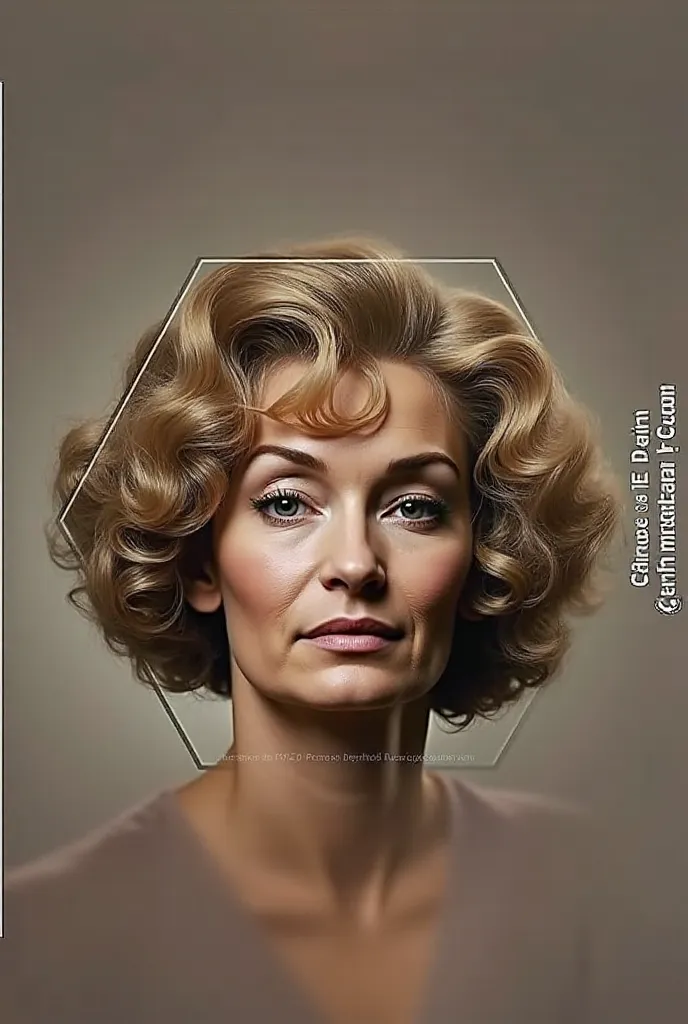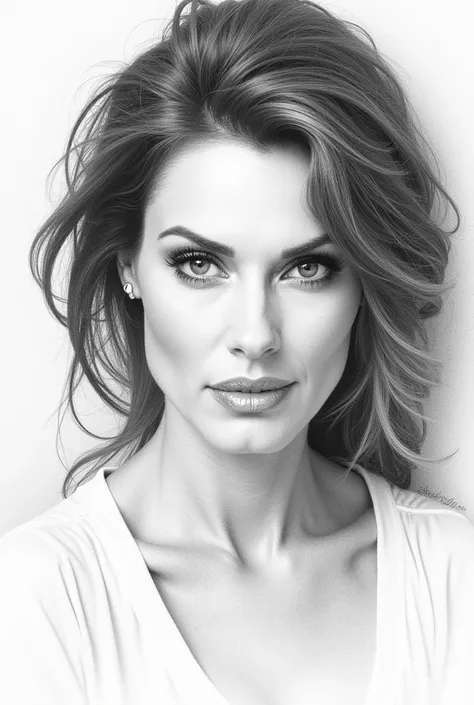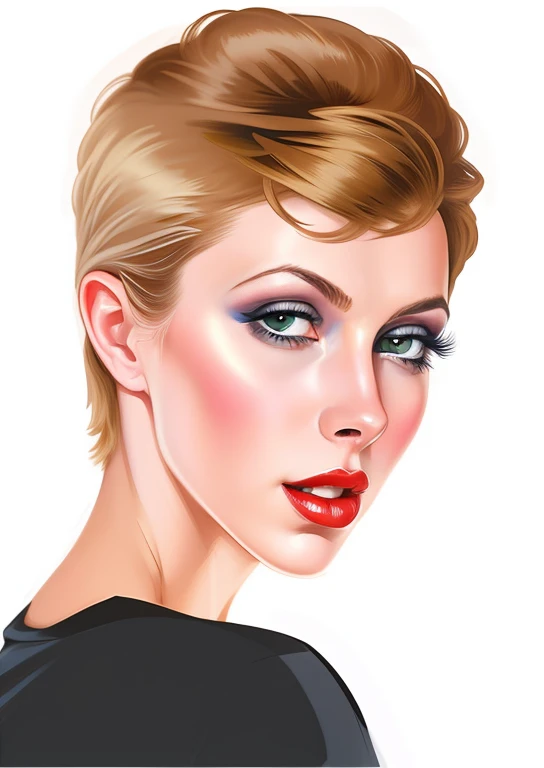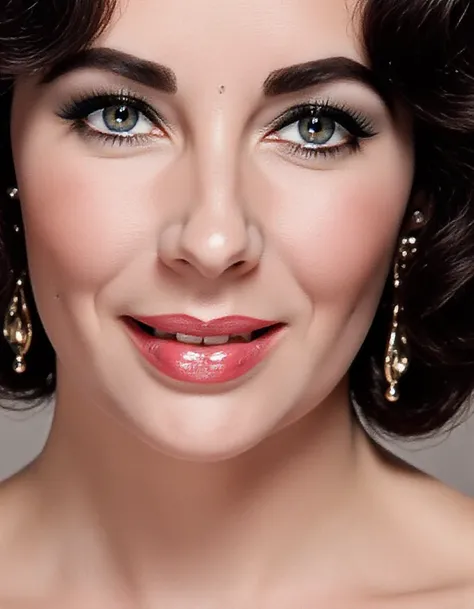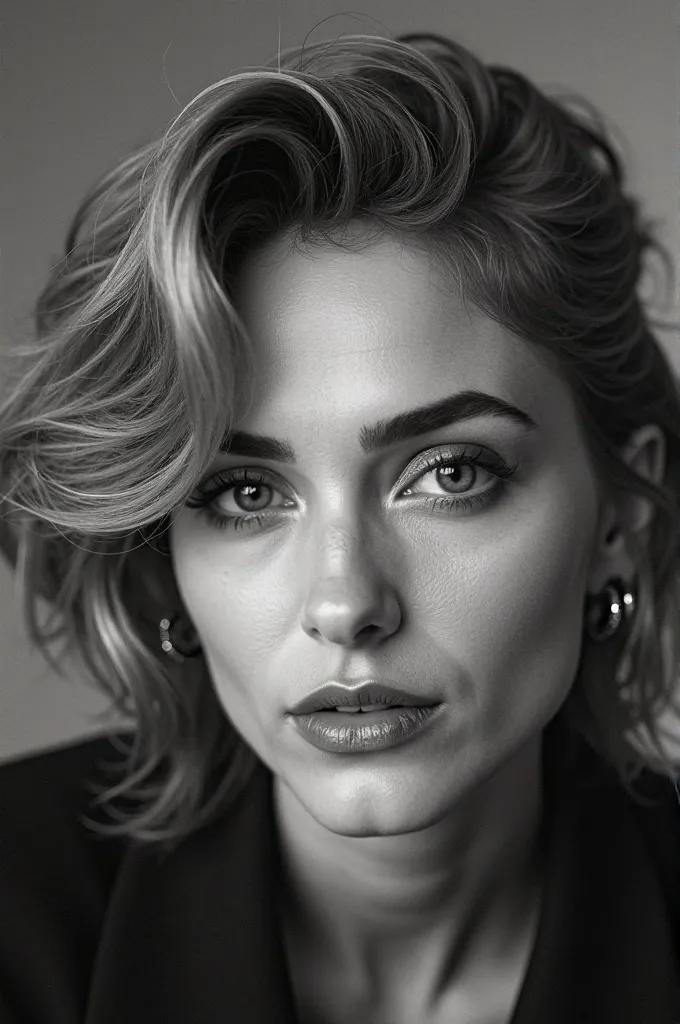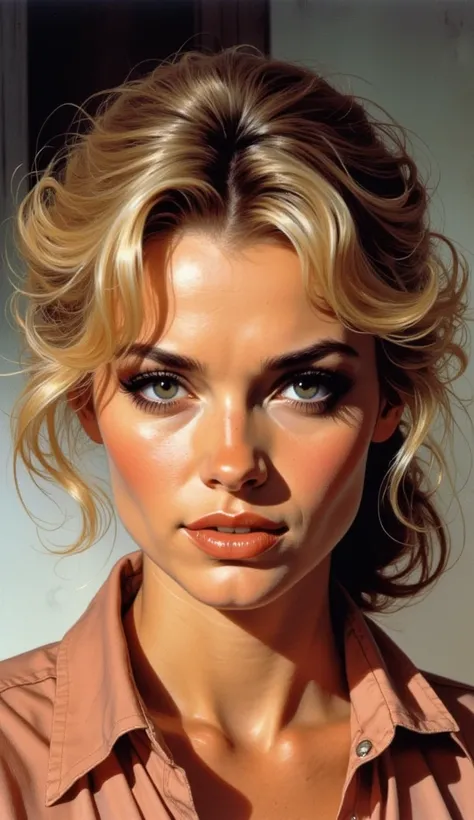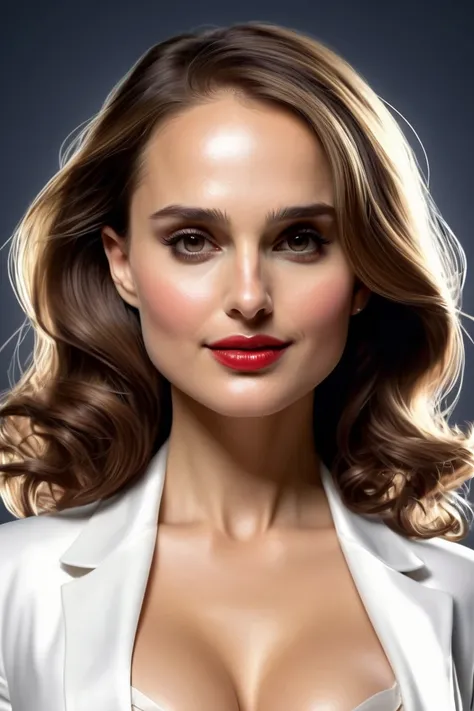A close up of a woman with a large hoop earrings
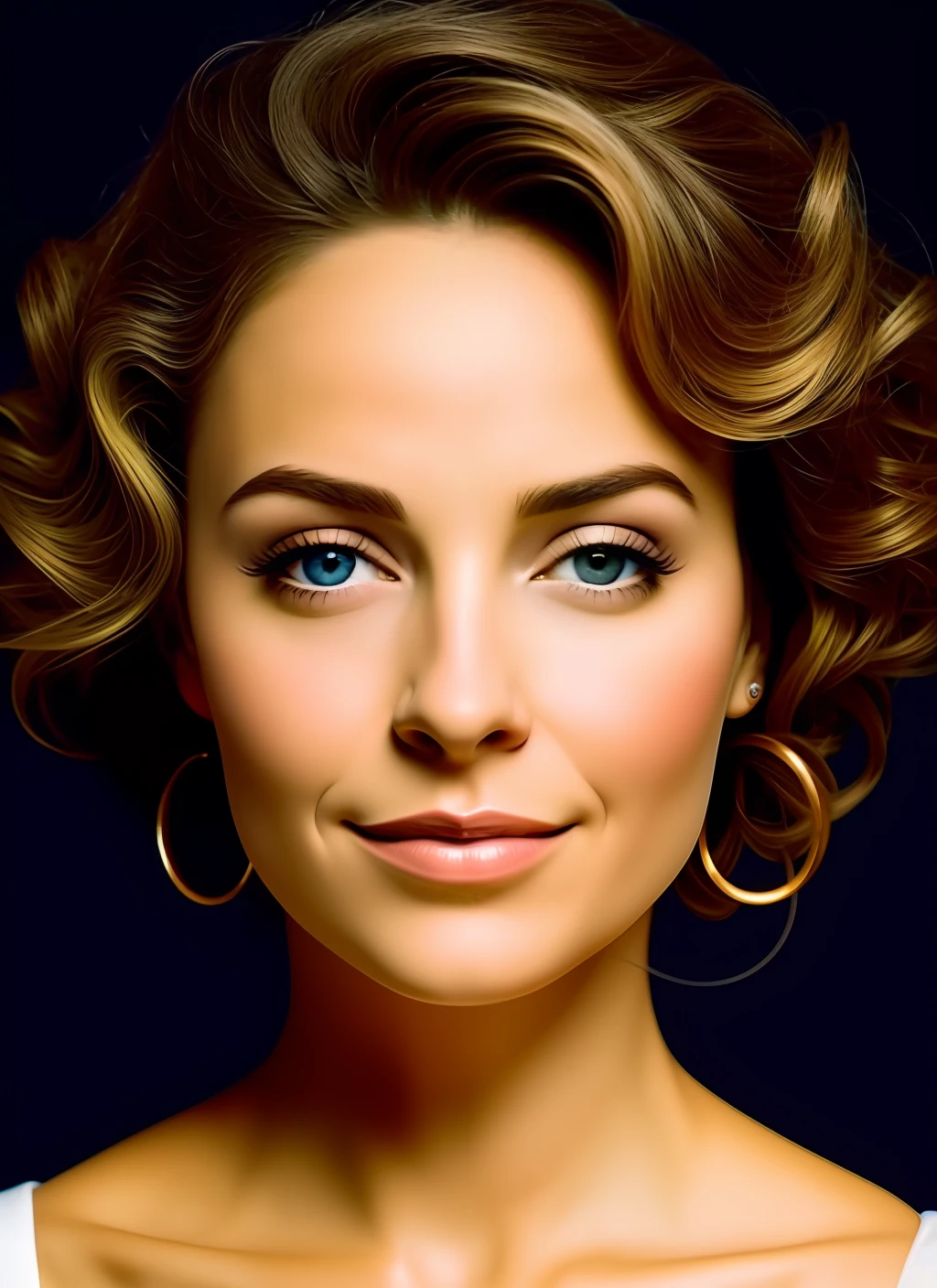

Mudando de assunto, I was fascinated by a philosopher named Arthur Schopenhauer and began to reflect on the moment in which we live in relation to artificial intelligences and the search for the satisfaction of pleasure. Em particular, pensei nos geradores de imagens, especialmente aqueles que retratam beleza e corpos femininos. Can we become "exigentes" in relation to what is considered beautiful, whereas artificial beauty creates patterns that escape reality? Schopenhauer argued that the world is a representation of our will, and that this will is blind and irrational, sempre buscando mais e mais prazer. Ele via a arte como uma forma de escapar dessa vontade, for it enables us to contemplate things without wishing to possess-las. But what happens when art is created by an artificial intelligence?, who has no will of his own, mas simula a nossa? Does it help us transcend our will?, ou apenas a alimenta com imagens cada vez mais perfeitas e irreais? I think imagers can be a powerful tool for tapping into our creativity and imagination, But they can also be a trap for us to become dissatisfied with reality. A beleza artificial pode nos fazer esquecer da beleza natural, which is diverse and imperfect. Podemos nos tornar viciados em ver corpos femininos idealizados, that don't correspond to the variety and complexity of real women. We can lose the sense of wonder and respect for human nature, and become more superficial and selfish. Por isso, I think we should use imagemakers sparingly and conscientiously, knowing that they are not the truth, but only a representation of our will. We must also value human art, that expresses our emotions and feelings, and not just our desires. E devemos apreciar a beleza real, that's everywhere, But it's not always easy to see.
คำพรอมต์
คัดลอกคำพรอมต์
Mudando de assunto
,
I was fascinated by a philosopher named Arthur Schopenhauer and began to reflect on the moment in which we live in relation to artificial intelligences and the search for the satisfaction of pleasure
.
Em particular
,
pensei nos geradores de imagens
,
especialmente aqueles que retratam beleza e corpos femininos
.
Can we become "exigentes" in relation to what is considered beautiful
,
whereas artificial beauty creates patterns that escape reality
?
Schopenhauer argued that the world is a representation of our will
,
and that this will is blind and irrational
,
sempre buscando mais e mais prazer
.
Ele via a arte como uma forma de escapar dessa vontade
,
for it enables us to contemplate things without wishing to possess-las
.
But what happens when art is created by an artificial intelligence
?,
who has no will of his own
,
mas simula a nossa
?
Does it help us transcend our will
?,
ou apenas a alimenta com imagens cada vez mais perfeitas e irreais
?
I think imagers can be a powerful tool for tapping into our creativity and imagination
,
But they can also be a trap for us to become dissatisfied with reality
.
A beleza artificial pode nos fazer esquecer da beleza natural
,
which is diverse and imperfect
.
Podemos nos tornar viciados em ver corpos femininos idealizados
,
that don't correspond to the variety and complexity of real women
.
We can lose the sense of wonder and respect for human nature
,
and become more superficial and selfish
.
Por isso
,
I think we should use imagemakers sparingly and conscientiously
,
knowing that they are not the truth
,
but only a representation of our will
.
We must also value human art
,
that expresses our emotions and feelings
,
and not just our desires
.
E devemos apreciar a beleza real
,
that's everywhere
,
But it's not always easy to see
.
ข้อมูล
Checkpoint & LoRA

Checkpoint
Realistic Vision V6.0 B1
0 ความคิดเห็น
0
5
0



